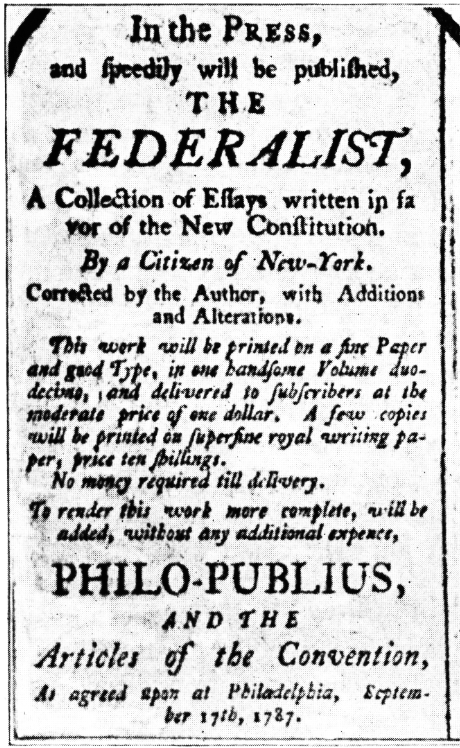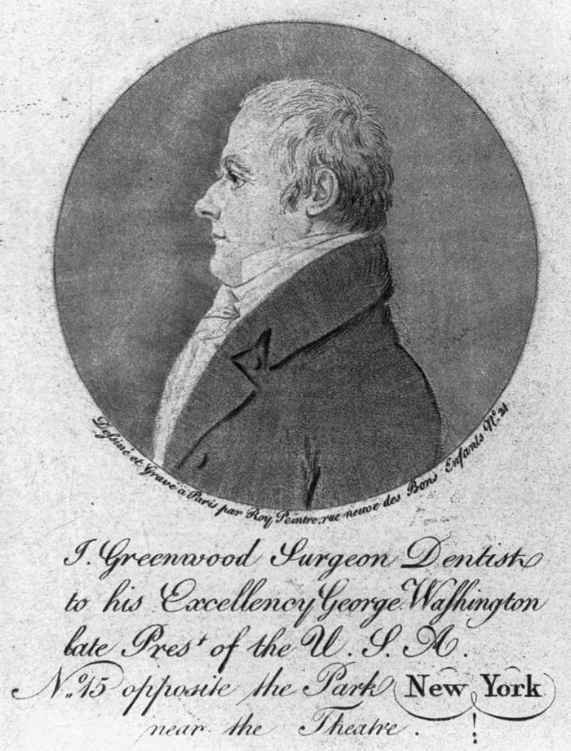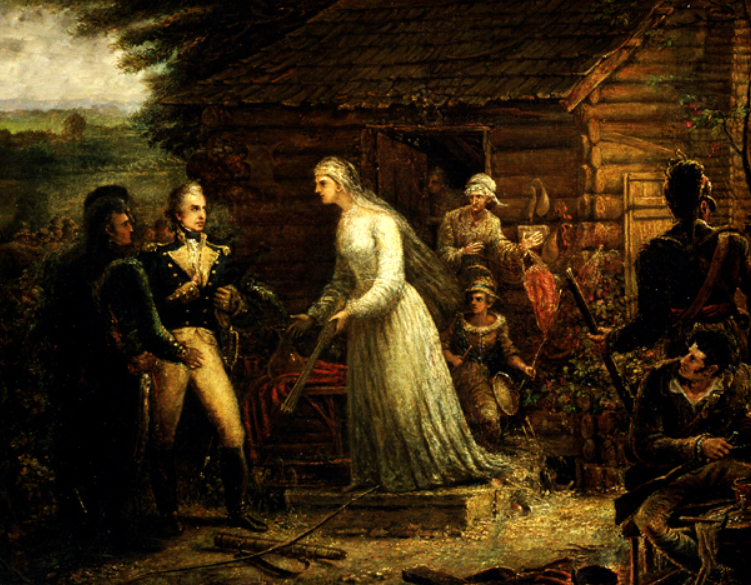Defending Faithless Electors - Federalist #68
In Federalist 68 Alexander Hamilton defends the Electoral College.
Although ‘faithless elector’ was not a term used during the American Founding, Hamilton essentially believed that it was a good thing.
He believed electors should vote based on their conscious instead of the will of the people.
Federalist #68
March 12, 1788
Alexander Hamilton
In Federalist #68 Alexander Hamilton discusses the reasoning behind the Electoral College.
While most of the Papers are direct responses to Anti-Federalist criticism, Hamilton states outright that the Electoral College is the one part of the Constitution that receives the least resistance.
This is because the people choose representatives to elect the President on their behalf, which limits the chances of a candidate taking that office based on a hasty and uninformed swing in ideals from the greater mass of citizens.
Faithless Electors
In modern politics, we hear the term faithless electors during most Presidential Election cycles.
This phrase, broadly defined, refers to an elector from one political party who acts ‘in bad faith’ and chooses a presidential candidate from the other party.
Nowadays we view this person as a turncoat of sorts who has made a decision against the greater will of the voters. This type of situation has brought the Electoral College into question over the past few decades.
While it was not a term used during the American Founding, faithless electors (according to Alexander Hamilton) were considered a good thing.
The Electoral College
The Founders were extremely concerned about democracy...or, as they called it, mob rule.
They chose to create a republic, where the citizens elect Representatives to act on their behalf. These Representatives were expected to be the most outstanding members of society and have the ability to do the best job for the greater community.
Much like those who were elected to office, the members who make up the Electoral College were expected to vote for the President on behalf of the people. The general public was not meant to select the President...they were meant to select the electors who would be best at selecting a President.
The Vice President
Surprisingly, Anti-Federalists seemed to have more issues with the method of picking a Vice President than that of the President.
Many argued that the Senators themselves should decide on the leader of the Senate.
Hamilton briefly argues against this in Federalist #68 by pointing out that whichever State the Senate’s Chairperson was from would theoretically be down a vote while the Chairperson was overseeing the debates.
I publish Federalist summaries every Friday (and stories about random Founders the other six days of the week).
If you’ve missed a Federalist Friday, you can catch up here.
Do you love what the Founders had to say?
Me too…that’s why I put some of their quotes on some of my merchandise.
Check it out here:






